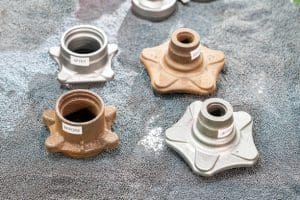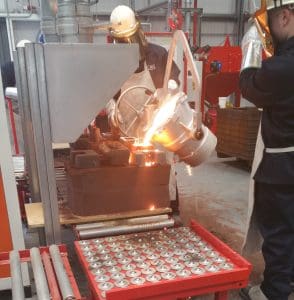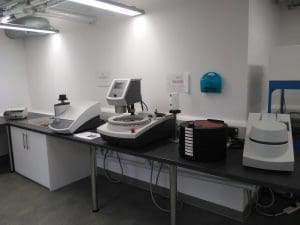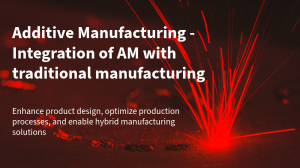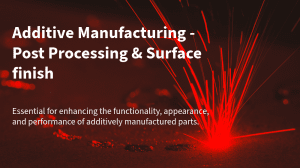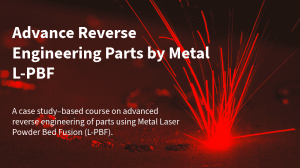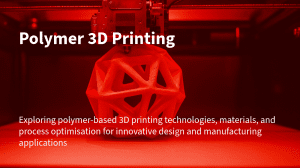This course provides an in-depth understanding of the common defects encountered in aluminium casting processes and their underlying causes. Participants will explore how metallurgical factors, process parameters, and mould design influence defect formation and product quality. Through detailed case studies, visual examples, and practical demonstrations, the course equips learners with the knowledge to identify, analyse, and prevent casting defects effectively.
Emphasis is placed on linking theoretical knowledge with real-world applications, covering solidification behaviour, gas entrapment, shrinkage mechanisms, inclusions, and thermal effects. Participants will also learn diagnostic techniques such as visual inspection, radiography, dye penetrant testing, and metallographic analysis to evaluate casting integrity.
By the end of the session, learners will gain practical insights and troubleshooting skills essential for improving yield, reducing rework rates, and enhancing the overall quality of aluminium castings.
Target Audience
Foundry technicians, process engineers, metallurgists, quality control specialists, manufacturing apprentices, and anyone involved in aluminium casting production or inspection.


